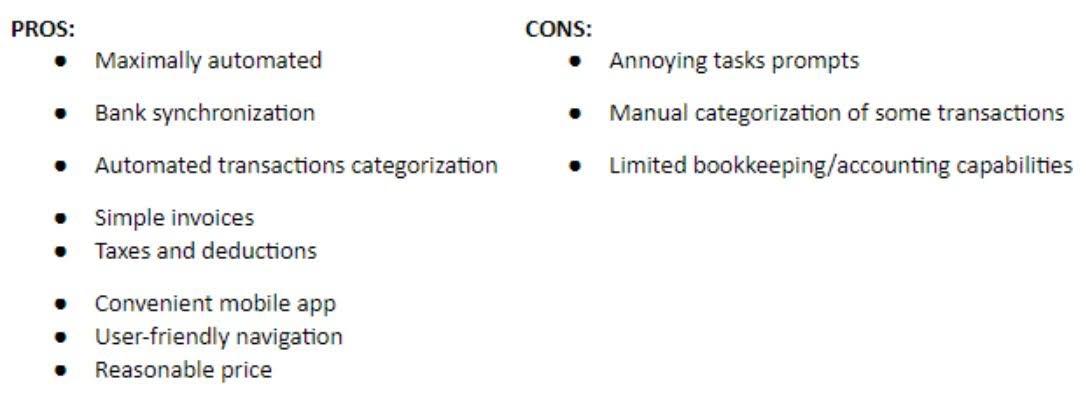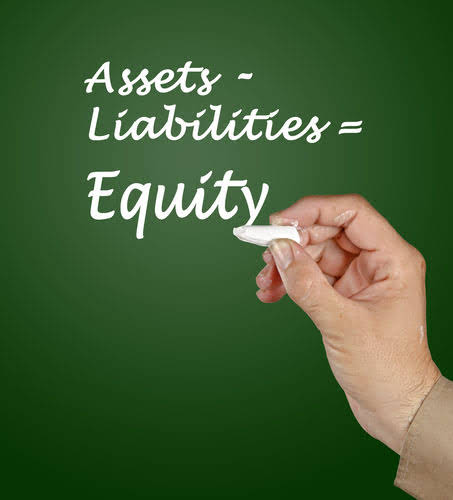
Failure to comply can result in penalties, fines, and even legal action. While managing your accounts is possible, it can become complicated as your business grows. Hiring a professional accountant or bookkeeper can save time and ensure your finances are managed correctly.

What Records to Keep
- For the accruals basis, you record transactions on the date of the invoice or bill.
- If you’re thinking about setting up on your own and haven’t already registered as a sole trader with HMRC, you can find out how to set up as a sole trader here.
- If you decide to go with a computerised system for your sole trader bookkeeping needs, then selecting the right accounting software is essential.
- The upper rate band is 40% and applied to income from £50,271 to £150,000.
- In such cases, bad debt is an expense that can be written off in order to reduce the profit and loss statement for the year.
You’ll want to avoid errors like this as they can result in fines or even an audit. Each technique has its place, depending on your business size and how hands-on you want to be with your numbers. If you’re a whiz with a spreadsheet and have a relatively straightforward financial world, that might be enough. Software comes into its own as your business grows and transactions become more complex. Mobile accounting apps can be your best mate, allowing quick updates on your financials between client meetings or while sipping your morning coffee. It is now the main source of inspiration, education, and collaboration for the owners of fast-growing businesses, from startups to mid-market companies.

Bank Charges
When you’re juggling the books as a sole trader, managing cash flow can often feel like you’re walking a tightrope. Your goal’s to avoid taking a tumble into the abyss of negative cash flow, which can be devastating for your business. It comes down to understanding the rhythm of your finances and planning ahead. It’s a bit like updating your address when you move; HMRC needs to know where to find https://www.bookstime.com/ you. This isn’t just for correspondence—it’s how you get set up for Self Assessment tax returns, which are non-negotiable. You’ll need to record your income and expenses throughout the year and report them annually.
- As a sole trader, your income is determined by your invoices and any inward payments you receive into your account due to the service you provide or products sold.
- Understanding your tax obligations helps you plan ahead and avoid penalties.
- It’s important to keep track of all business expenses and ensure that no personal spending is included in your accounts.
- Once you have determined what taxes you need to pay and when they are due, it’s important to keep track of all payments made throughout the year.
- You must opt out if you want to use traditional accounting or cannot use cash basis accounting.
Inventory Updates
From invoices to receipts, contracts, and bank statements, keeping these records helps track your business transactions, aiding in accurate financial reporting and tax compliance. For sole traders, records need to be maintained for sole trader accounting at least five years. Bookkeeping allows owners to track their income and expenses, manage cash flow effectively and budget for taxes.

Levels of Accounting Sophistication

You can choose recording transactions to create a limited company, work as a sole trader or a partnership. Each business structure varies, especially when it comes to accounts and the bookkeeping. Sole trader owners are classed as self-employed, therefore they have their own set of tax rules and regulations to adhere to.
More on bookkeeping if you’re a sole trader
- A self-employed person who shares their income with a business partner is not a sole trader.
- See the standard accounts we have on our simple income statement template.
- As a sole trader, planning for your future should be part of your accounting strategy.
- Filing tax returns on time is crucial for avoiding penalties and staying compliant with Australian tax laws.
- Your goal’s to avoid taking a tumble into the abyss of negative cash flow, which can be devastating for your business.
While accounting may seem daunting, understanding the basics and implementing best practices will streamline your processes and ensure financial stability. Keep a close eye on your finances, and you’ll ensure your business’s longevity and success. Keep track of your income and expenses, monitor inventory and assets, and reconcile bank accounts regularly to ensure accurate financial statements. By staying on top of your finances, you’ll be able to make informed decisions about pricing, budgeting, and future investments that will help you grow your business. In conclusion, bookkeeping is an essential part of running a business as a sole trader.
